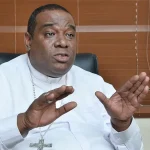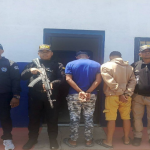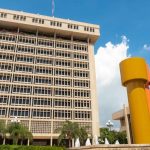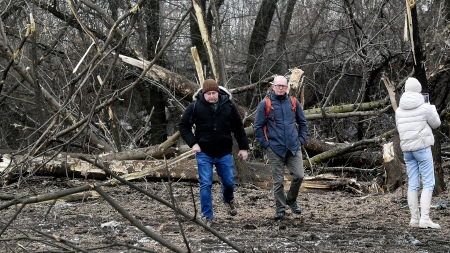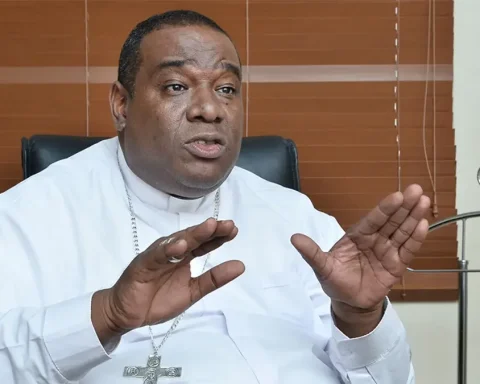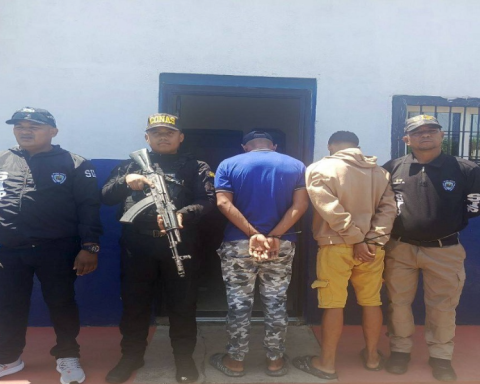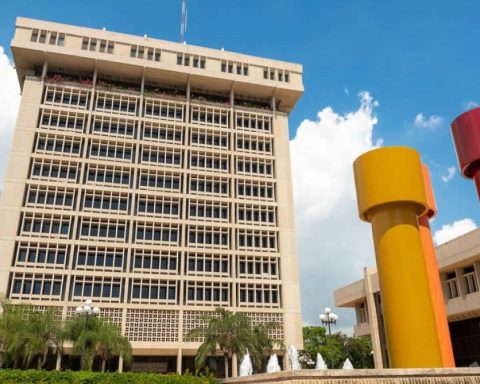All people on the planet depend on nature to survive. And if we are not all “sustainabilityists”, nature will immediately enter a point of no return that could mean the extinction of the human species.
With words like these, the Minister of the Environment, Marina Silva, received a standing ovation tonight (26) at the Dante Barone Auditorium, in the Legislative Assembly of Rio Grande do Sul, in the center of Porto Alegre, which hosts the main events of the Forum Social World. Marina participated in the Strengthening the Earth, Feeding Brazil panel.
The minister spoke to the press before the event and stressed that the environmental issue is the basis for any economic development project. “There is no economic activity that is not part of the natural basis of development. In the case of food security, we need fertile land, we need water, we need support, technical assistance and access to land for producers”, stated Marina.
Marina also pointed out that in a country with an area of 8 million square kilometers, like Brazil, there is room for the diversification of the economy, including family farmers, extractivists, indigenous peoples and also sustainable based agribusiness. According to her, some of the sector’s businessmen seek environmental certification for their products and do not want to be associated with environmental crime or violence in the countryside and the destruction of the environment.
“There is no agriculture without water, there is no water without forests. And that is why President Lula is committed to zero deforestation by 2030. It is a herculean task. Because agriculture is important for Brazil. We have an important part of our trade balance linked to the agribusiness sector. Now, let’s separate the wheat from the chaff. What is ‘ogre business’ and what is agribusiness. This is the debate that the government wants to have”.
As for government measures for small rural producers, Marina highlighted the resumption of the Crop Plan and the National Program for Strengthening Family Agriculture (Pronaf), as inducers of sustainable and low-carbon agriculture.
Marina reaffirmed President Luiz Inácio Lula da Silva’s commitments to the environment as a cross-cutting agenda, with action in all ministries, in addition to the goal of “zero deforestation”.
land and food
In the debate, the minister highlighted the paradox of Brazil being a major world exporter of grains and food while 33 million people are hungry and 25 million are in a situation of food insecurity in the country.
The president of the Sustainable Food and Nutrition Security Council of Rio Grande do Sul (Consea-RS), Juliano Sá, added that the world is currently experiencing three paradoxical and related crises. The environmental and climate crisis, caused by the destruction of the environment, and the problems of hunger and obesity.
“Obesity is not because people eat too much, it’s because they eat poorly. The system kills the values and eating habits of each population and people end up eating ultra-processed food instead of healthy food. They eat poorly out of necessity. The agroecological fair does not reach the periphery, because the budget does not allow it”.
For Sá, hunger is a political project and is fought by social movements such as the Landless Rural Workers, the Homeless Workers, quilombolas, students, women, “who have made resistance in the territories in the last four years”.
Consea delivered a document to the minister, proposing that places such as vegetable gardens and community kitchens, which played a key role in fighting hunger during the pandemic, be transformed into Food and Nutritional Sovereignty Points, like the Culture Points that received government support federal.
popular environmentalism
Biologist Victor Marques, professor at the Federal University of ABC (UFABC) and editor of Revista Jacobin Brasil, presented the concept of ecology with class struggle to discuss “the fundamental issue that humanity will need to face”. According to him, it is necessary to adopt the strategy of “popular environmentalism”.
“It is an ecology for the 99%. The environmental agenda cannot be just for the elite and the middle class. It has to be a general and broad guideline. So you need to connect environmental interests with the material needs of these classes. Connecting the end-of-the-world problem with the end-of-the-month problem.”
Marques pointed out that in Brazil, unlike many so-called developed countries, the environmental problem is not so much related to the energy issue, but to the use of the soil.
“It is a land issue. It has to do with deforestation, the expansion of the agricultural frontier and changes in land use. Demarcating indigenous lands is a way of postponing the end of the world. And it also involves agrarian reform, reforesting and thinking about new productive forms, with agroecology”.
The World Social Forum runs until Saturday (28), with debates, workshops, conversation circles and cultural activities.






